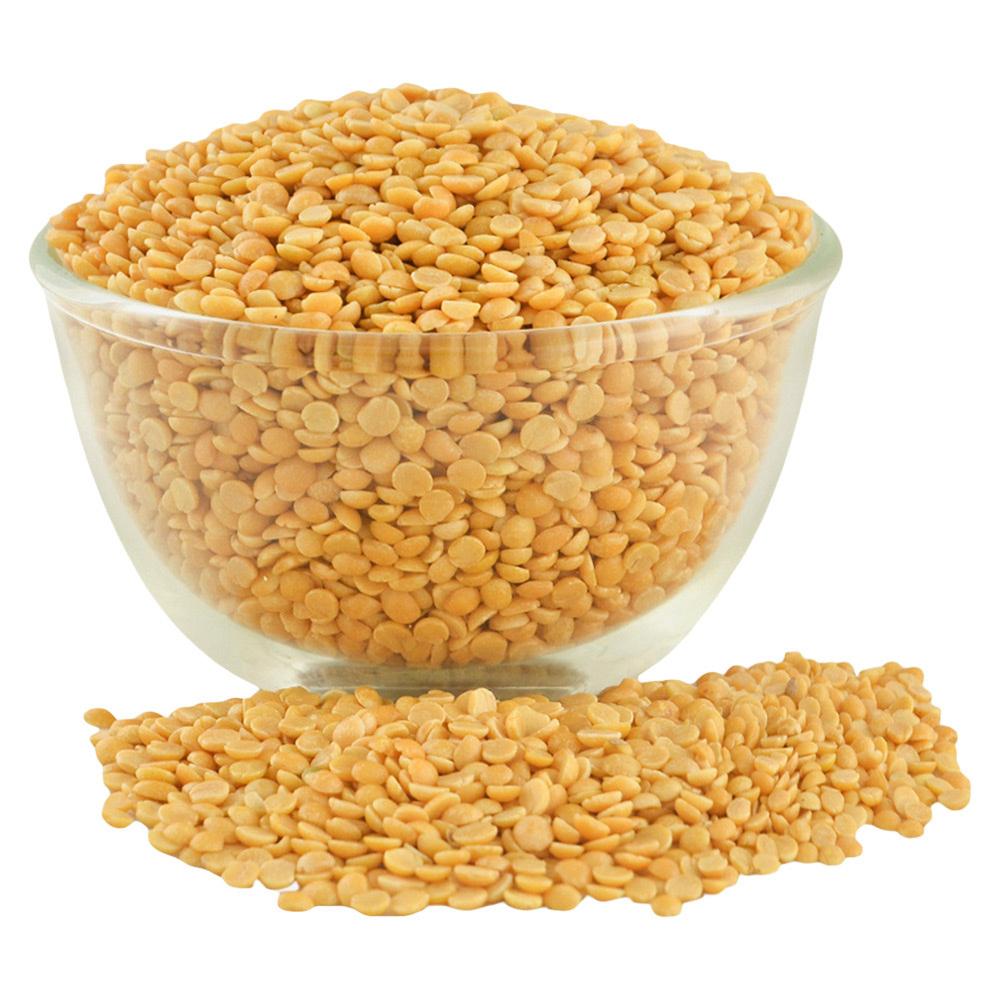What is Tur Dal?
Tur dal, commonly known as pigeon pea dal, is a popular lentil used in Indian cooking. However, due to its multiple health advantages, this classic Indian lentil is gaining popularity worldwide. It is not only a delicious but also a very healthy food. It contains a lot of protein, fibre, vitamins, and minerals.
This article reveals the nutritional value of tur dal, 8 crucial health benefits of tur dal, and its preparation method. Continue reading to discover more about this healthy and tasty legume.
Tur Dal Nutritional Value
A serving or cup of tur dal has the following nutrients, according to the USDA (United States Department of Agriculture).
- Total Carbohydrate: 63g
- Magnesium: 45%
- Calcium: 0.13mg
- Protein: 22g
- Calories: 343 kcal
- Vitamin B6: 15%
- Total Fat: 1.5g
- Potassium: 1392 mg
- Sodium: 17mg
- Iron: 28%
8 Important Health Advantages of Tur Dal
- Loaded With Protein Content
Do you know about the many benefits of adding protein to your diet, such as constructing and repairing muscles, tissues, and cells? Protein also aids in synthesizing enzymes, hormones, and other vital chemicals.
Tur dal is one of the greatest plant-based protein sources. A cup of tur dal has around 22 grams of protein, which is over half of an adult's daily required consumption.
- Good Source of Folic Acid
Folic acid, often known as folate, is a B vitamin required for cell growth and development. It is especially crucial for pregnant women since it aids in establishing the fetus's neural tube. Tur dal is high in folic acid, with one cup providing over 90% of the daily required amount.
- High in B Vitamins
The pigeon pea dal is high in B vitamins, including thiamine, riboflavin, and niacin. These vitamins are required for the conversion of food into energy, the maintenance of healthy skin, and the support of the neurological system.
- Weight Control
Because it is low in fat and abundant in fibre and protein, tur dal can aid in weight loss. It keeps you fuller for longer, lowering your need for harmful snacking. Furthermore, the protein in tur dal aids in developing lean muscle mass, which might increase your metabolism and help you burn more calories.
- Blood Pressure Management
One of the significant tur dal health benefits is that it includes potassium. It’s a mineral that aids in blood pressure regulation. Potassium works by balancing off the adverse effects of sodium, which is known to raise blood pressure.
- Gut Health Improvement
Tur dal is a high-fibre food that promotes digestive health. Fibre aids in the passage of food through the digestive tract, avoiding constipation and encouraging regular bowel movements. It also nourishes the good bacteria in the stomach, which promotes healthy gut microbiota.
- Bone Health Enhancement
Tur dal includes calcium and magnesium, two elements necessary for bone health. Calcium is required for bone growth and preservation, whereas magnesium aids in calcium absorption. Regular use of tur dal can help prevent bone loss and lower the risk of osteoporosis.
- Immune System Boost
Tur dal is high in antioxidants and vitamin C, both necessary for a healthy immune system. Antioxidants aid in the battle against dangerous free radicals. And vitamin C promotes the creation of white blood cells, which help in the fight against infections and disorders.
How Do You Cook Tur Dal?
Pigeon pea dal is a versatile ingredient that can be prepared in many ways. First, thoroughly wash the tur dal and soak it in water for 30 minutes. After soaking, drain the water and add the dal to a pressure cooker along with 3 cups of fresh water. Add salt, turmeric, and cumin powder, and pressure cook the dal for 3-4 whistles.
You can offer your cooked tur dal as stew, soup, or the most famous dal tadka, served with hot rice or roti.
So there you have it, everyone! Tur dal is a modest legume that carries a big nutritional punch. There are several ways to integrate this nutritious and tasty meal into your diet, whether you are a vegetarian, vegan, or meat eater. So why not give it a go and discover the numerous health benefits of tur dal?

